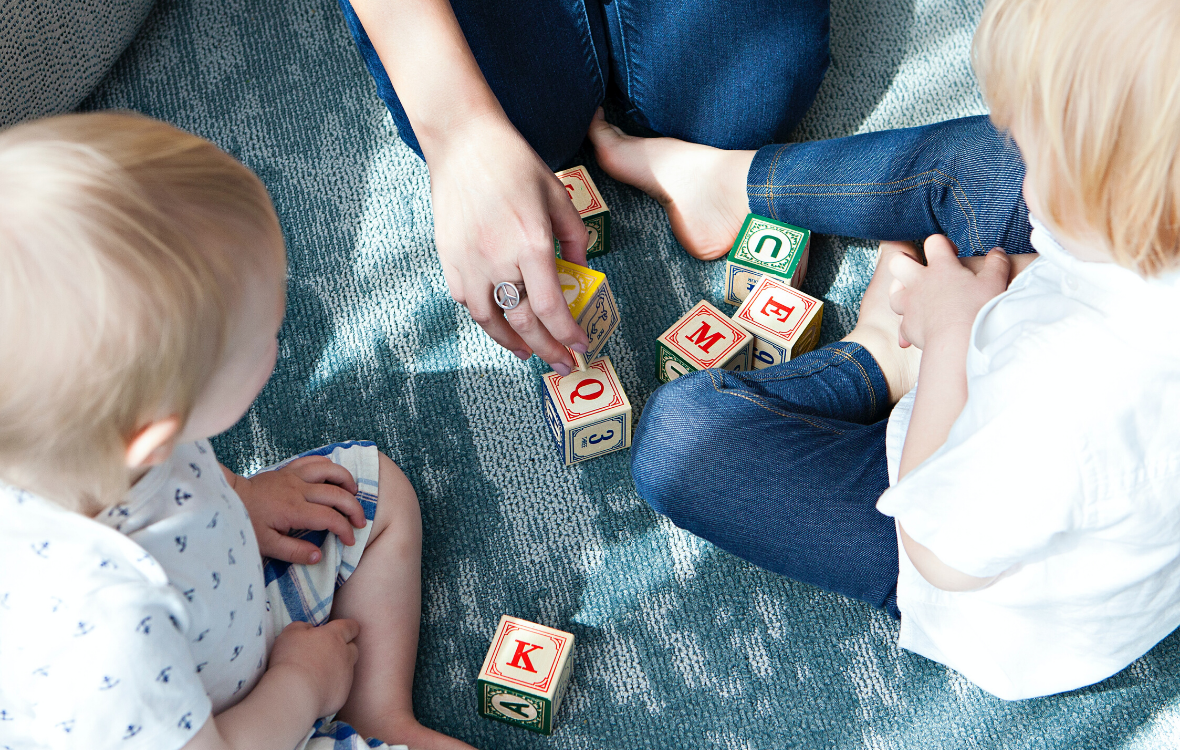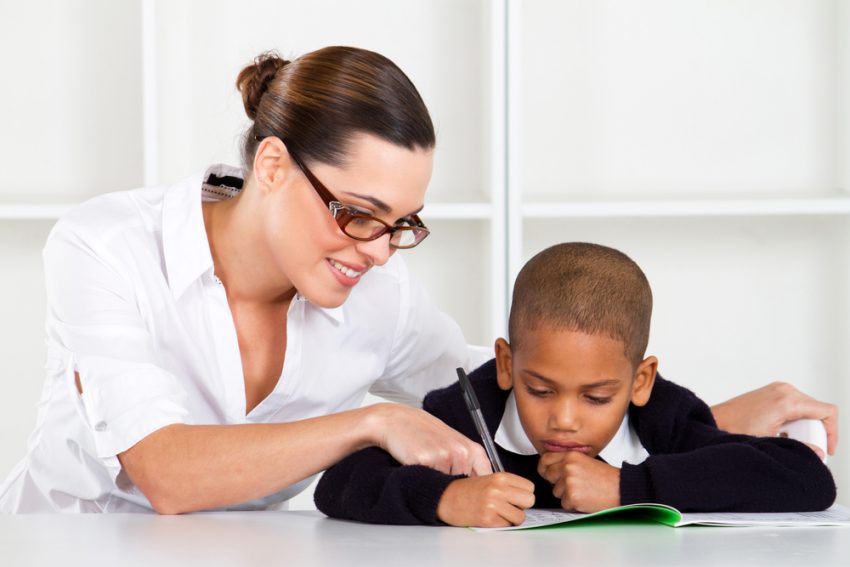Divorcing can be a time of great confusion and uncertainty for adults and children. It’s a process that every person in the family needs to work through at their own pace. Children, however, don’t have the same cognitive development and emotional intelligence that adults have which means that children going through separation and divorce benefit from the guidance that their parents offer.
Rachael Scharrer, Life Change Counsellor and Separation Strategist at Divorce Answered, shares 7 phrases that all parents must tell their child during separation and divorce. These phrases are super simple, don’t cost anything and creates an opportunity for reassurance and closeness between you and your child. The phrases are:
- “I love you.” Children do not have the mental capacity to realise that their parents love them and show them by keeping home, feeding and caring for them. As a child, unless you hear your parent expressly and repeatedly tell you that they love you, they won’t understand that your actions and efforts are because you love them. Furthermore, during a time of change, like divorce, it is important for a child to be reminded that they are loved for who they are.
- “It’s not your fault.” People are always quick to cast blame and, for children, in the absence of someone being blamed, they may quietly blame themselves. This quiet guilt can turn a child from being vibrant and energetic to aggressive or withdrawn. By specifically telling your child that the cause of the break-up or separation is not their fault, you are removing or minimising the possibility of your child blaming themself.
- “Everything will be alright.” While separation can feel chaotic, particularly at the start, reassuring your child that everything will work out ok in the end is important. You can help your child to understand that you are all going through a process of transition and that life will find its rhythm and settle down soon.
- “It’s ok to love your other parent and enjoy time with them.” Your child almost needs to be given permission to enjoy their time with the other parent as well as love the other parent. They don’t want to feel guilty about having fun when they are with any one parent. Equally, you are also reminding your child that they are allowed to love their other parent. Loving both parents is normal and helps your child to feel whole – remember your child is half you and half their other parent.
- “I am alright when you are with the other parent. You don’t have to worry about me.” What your child needs to hear is that you aren’t sad and lonely when they are with their other parent. As a parent, you need to reduce their potential feelings of guilt for leaving you. Make sure that you socialise, re-charge and engage in hobbies and projects so that you feel fulfilled and ready to be an awesome, engaging parent when your child returns home.
- “Even though we don’t live together, we are still a family.” A child needs security and understanding that they still have a family is important to them. Instead of being a family that live in one home, now the child is a family that lives in two homes. It can be helpful to normalise the separation by describing other types of families that have slightly different structures – like same-sex parent families, families with multiple generations living together or blended families.
- “You can ask me any questions that you have and I will answer as best as I can.” Opening the lines of communication can help your child to feel comfortable approaching you and asking or telling you what is on their mind. If your child asks questions about your separation, it is important to keep your responses age-appropriate. If your child ever asks you a question that you are unsure how to answer, it is totally fine to ask for some time to think about your response – just make sure that you do address your child’s question later that day.
Repetition helps to reinforce what you have said. Saying these phrases to your child regularly will help them to understand that you genuinely mean what you are saying and help them to comprehend that everything you do is with them in mind.
Related Articles:
Helping your child through emotions
Helping your child through their divorce experience
You might also like to read:









